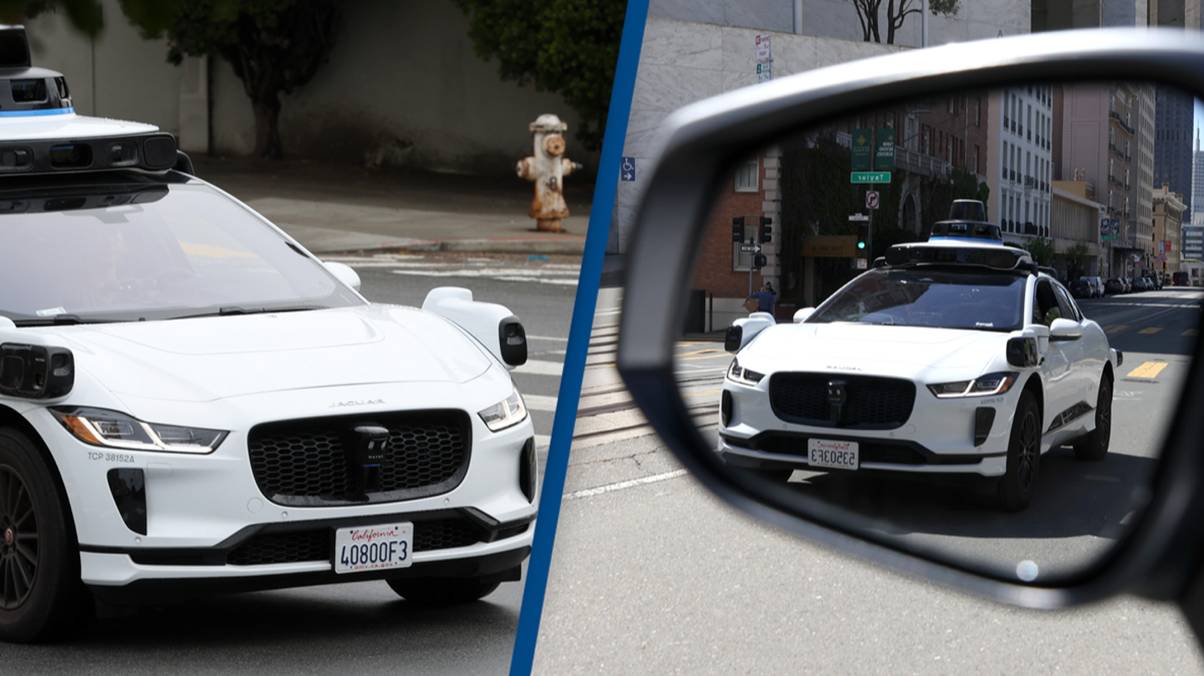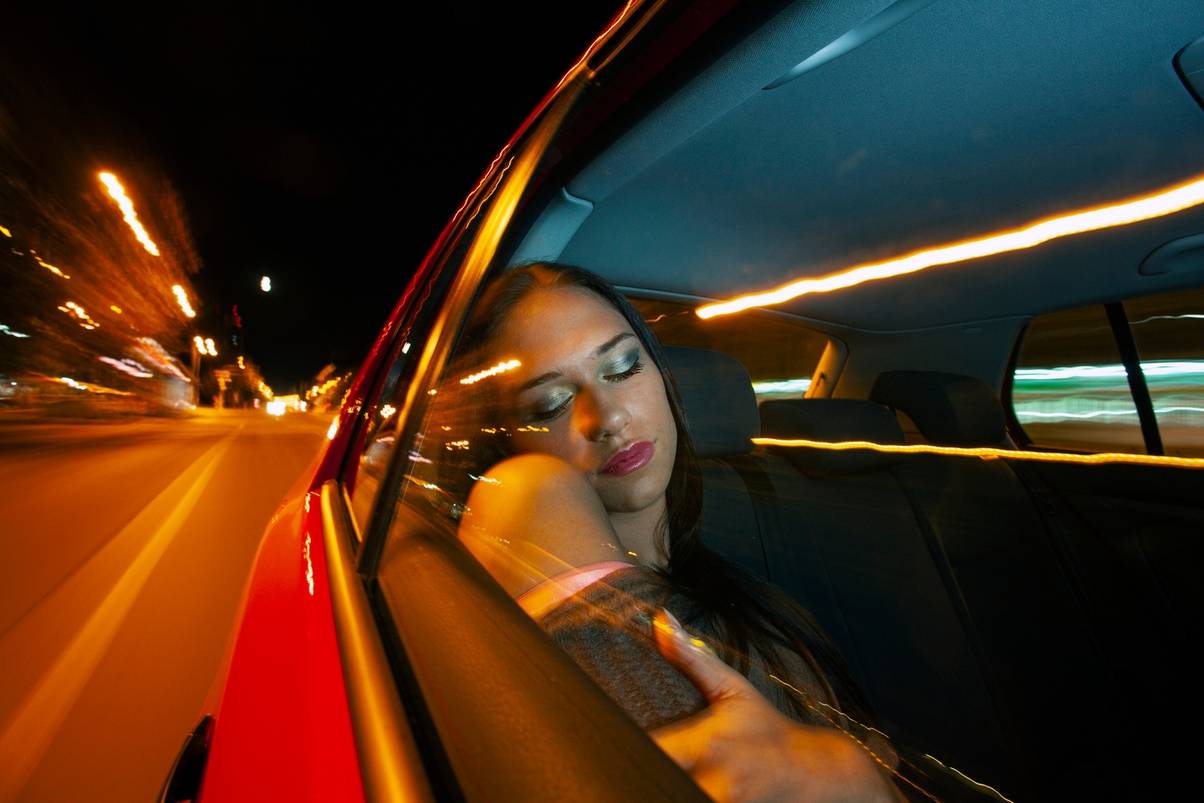
A self-driving cab company has revealed what would happen if a passenger is unable to exit the car if they’ve passed out drunk.
The California-based robotaxi company, Waymo, has lifted the lid on what would happen if one of their customers became too intoxicated to use one of its vehicles as party-goers across the San Francisco Bay area may opt for the alternative as a way to get home safely.
The fully autonomous cars, which means no one is operating the vehicle from the driver’s seat, first arrived on the scene in October 2020 and in the past four years, has expanded to Phoenix (Arizona) and California (San Francisco and Los Angeles), offering around 150,000 paid rides per week.

The company prides itself on promising the utmost safety for its passengers as Waymo has a ‘mission’ to ‘innovate beyond the impossible in order to save lives that are tragically lost to traffic crashes’, according to its website.
However, while the robo-cabs are arguably safer when it comes to the rules of the road, how would it react if a passenger is in a medical emergency or is too drunk to leave the vehicle?
Speaking to the San Francisco Chronicle, a spokesperson for Waymo said the cars will become aware something is up if the passenger fails to open their door when it arrives at its destination.
From there, the car’s many cameras scan the interior of the vehicle and with machine-learning is able to determine if a passenger is incapacitated from drinking too much alcohol.
These cameras are also able to detect if a passenger decides to break the rules of the ride, such as by smoking in the car or not wearing a seatbelt.

Once this is flagged, the company’s (human) staff members then take a look at a ‘blurred vision’ as only a few authorized employees can see an uncensored live feed.
But if both the robotaxi and the human employee agree that the rider is passed out, a ‘rider support agent’ will speak to the customer to ask if they need help through the car’s interface.
If there is no response from there, the agent will contact emergency services which will then need to get Waymo to unlock the car’s doors remotely or break the window.
Fortunately, the company said such scenarios haven’t taken place though the San Francisco fire department said it has responded to other robotaxi calls, such as when a teen allegedly set fire to a vehicle or when a man reportedly stalled the car to speak to a woman inside.
Yet fire Lieutenant Mariano Elias said it is ‘pretty common’ for fire crews to attend calls from Uber or Lyft drivers about passed-out passengers.
The revelation comes as drunk driving deaths reached new highs in 15 years, according to the National Highway Traffic Safety Administration, which Waymo wants to see come down as it has big plans to expand to Austin, Atlana and Miami this year.
The Waymo spokesperson added: “Waymo encourages its autonomous ride-hailing platform as one way in which a person can get home safely after drinking.”